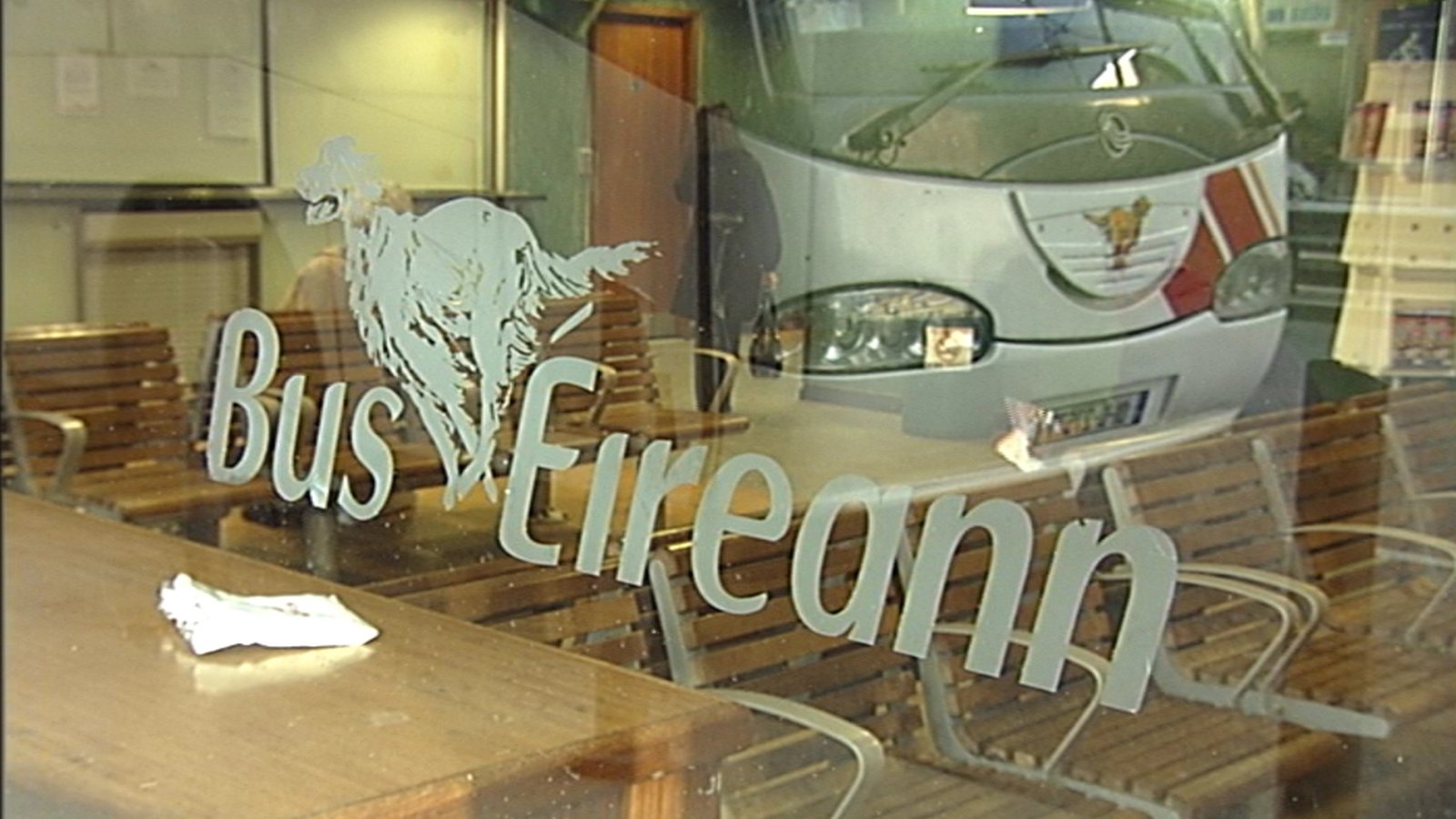Bussiness
Concerns remain over CIE’s €317m pension liability

The CIE group has recorded its first net surplus since 2016 after recording pre-tax profits of €19.6m last year, according to group’s annual report.
The 2023 annual report shows that revenues at the transport group which includes Bus Eireann, Dublin Bus and Irish Rail increased by 13% to €1.68bn on the back of record passenger numbers.
The pre-tax profit of €19.67m followed a pre-tax loss of €15.1m for 2022.
However, concerns over CIE’s €317m pension liability remain.
Group CEO, Lorcan O’Connor said in the report: “The Group is delighted to report an EBITDA (Earnings before interest, tax depreciation and amortisation) of €49m for the year, which resulted in an overall net surplus of €11m.
“This is the first net surplus reported by the Group in several years and is hugely significant.”
He said: “Notwithstanding the significant achievements in 2023, CIÉ is well aware of the challenges that lie ahead. These include the ‘cloud’ over the future of the Group caused by the slow progress in resolving the Group’s pension deficit, labour shortages, inflation, ensuring that our cost base and work practices are competitive.”
The revenues and the return to pre-tax profit were on the back of the highest number of passenger journeys in the Group’s history delivering almost 300m journeys countrywide.
The biggest contributor was Dublin Bus with 146.6m passengers followed by Bus Eireann with 107m and Irish Rail with 46m.
CIE Group revenues were made up of €612.6m from operations; €870.5m from Public Service Obligation (PSO) contracts; €190.76m in ‘other exchequer funding’ and €7.6m in other revenue grants.
At the end of last December, the group’s pension deficit was €371m and the service costs of pensions reduced to €71m in 2023 compared to €112m in 2022.
Commenting on the pension deficit, CIE chairperson, Fiona Ross said: “The major issue is that the size of the pension liabilities is too big compared to the economic value of the Group.
Ms Ross warns, “Unless action is taken an investment or market shock may require unaffordable remedial action necessitating benefit cuts, due to the requirements of the Pensions Act or because the benefits promised are too expensive to pay. On pensions, the CIÉ Group has a critical challenge that remains to be addressed.”
Numbers employed across the CIE Group last year increased from 11,204 to 11,726 as staff costs totalled €751.38m.
The staff costs included allowance of €102.36m and overtime of €33.2m.
The highest paid member of staff last year received between €425,000 and €450,000. Two others received between €300,000 and €350,000. A further eight received pay between €200,000 and €225,000.
Eighty three received pay between €125,000 and €200,000 with 199 earning between €100,000 and €125,000.
As Group CEO of CIE, Mr O’Connor received a gross salary of €190,000 and pension contributions €47,500.
Reporting by Gordon Deegan










